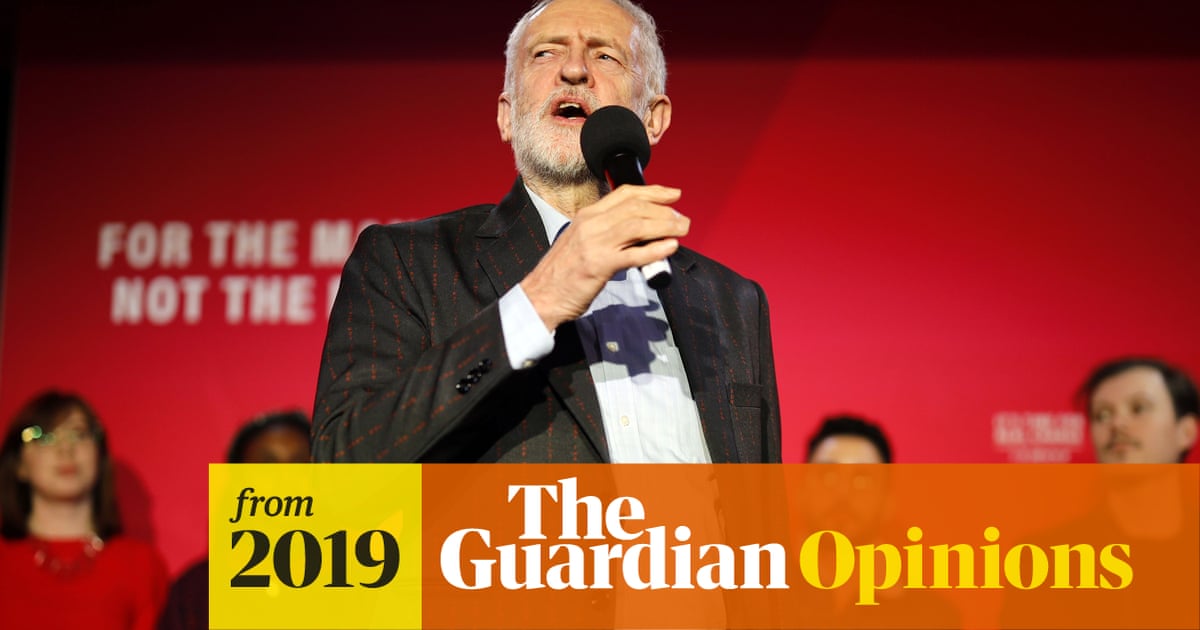- Jul 30, 2018
- 11,782
- 15,176
- AFL Club
- Fremantle
- Banned
- #5,201
1. Destroyed CPRS, ruining political capital for addressing climate change for at least a decadeOK, I'll bite, because I'm intrigued to know on what basis you think that Bob Brown is a 'subhuman piece of garbage'.
2. Obnoxious campaign against Adani in key seats Labor needed to win
3. Opposes a wind farm that will generate enormous amounts of renewable electricity.






